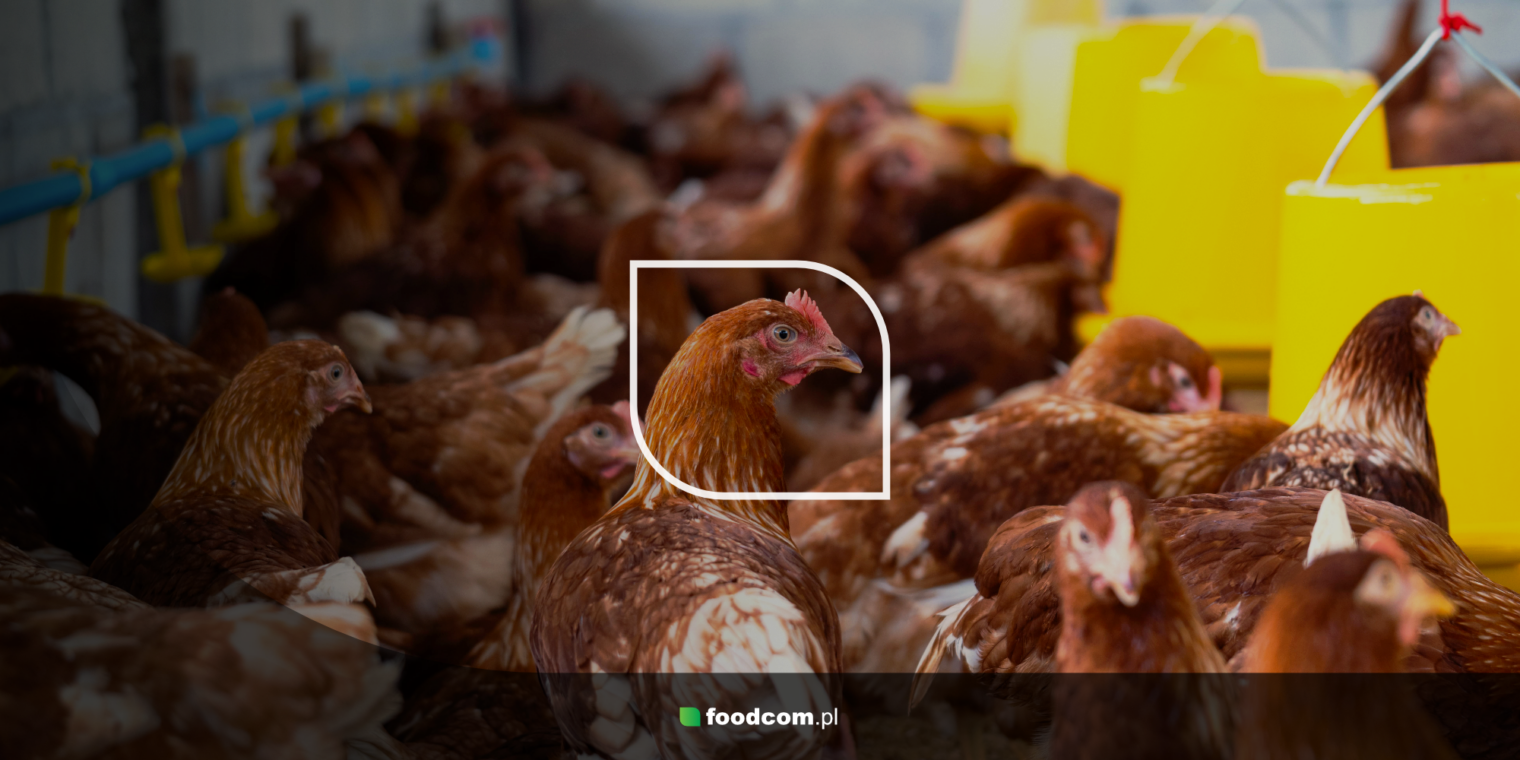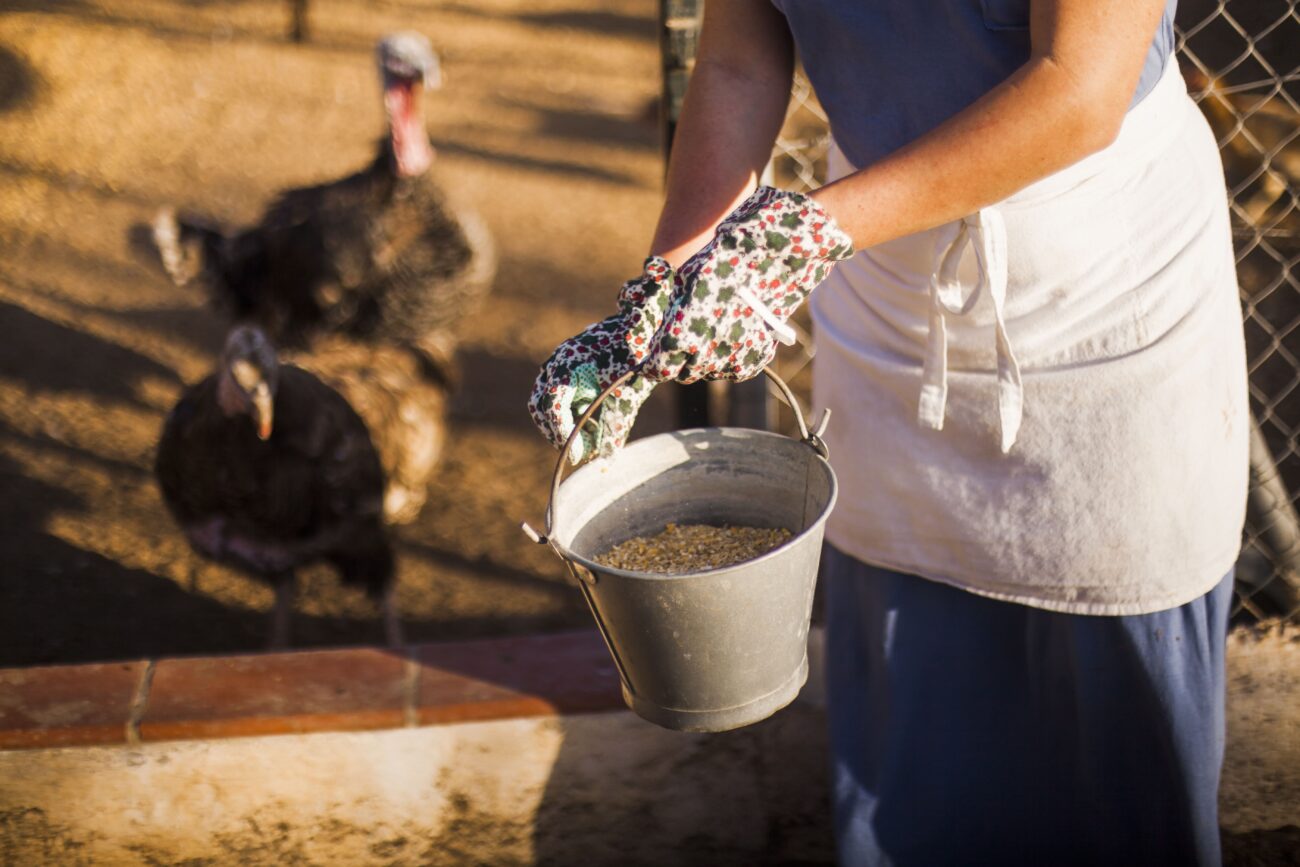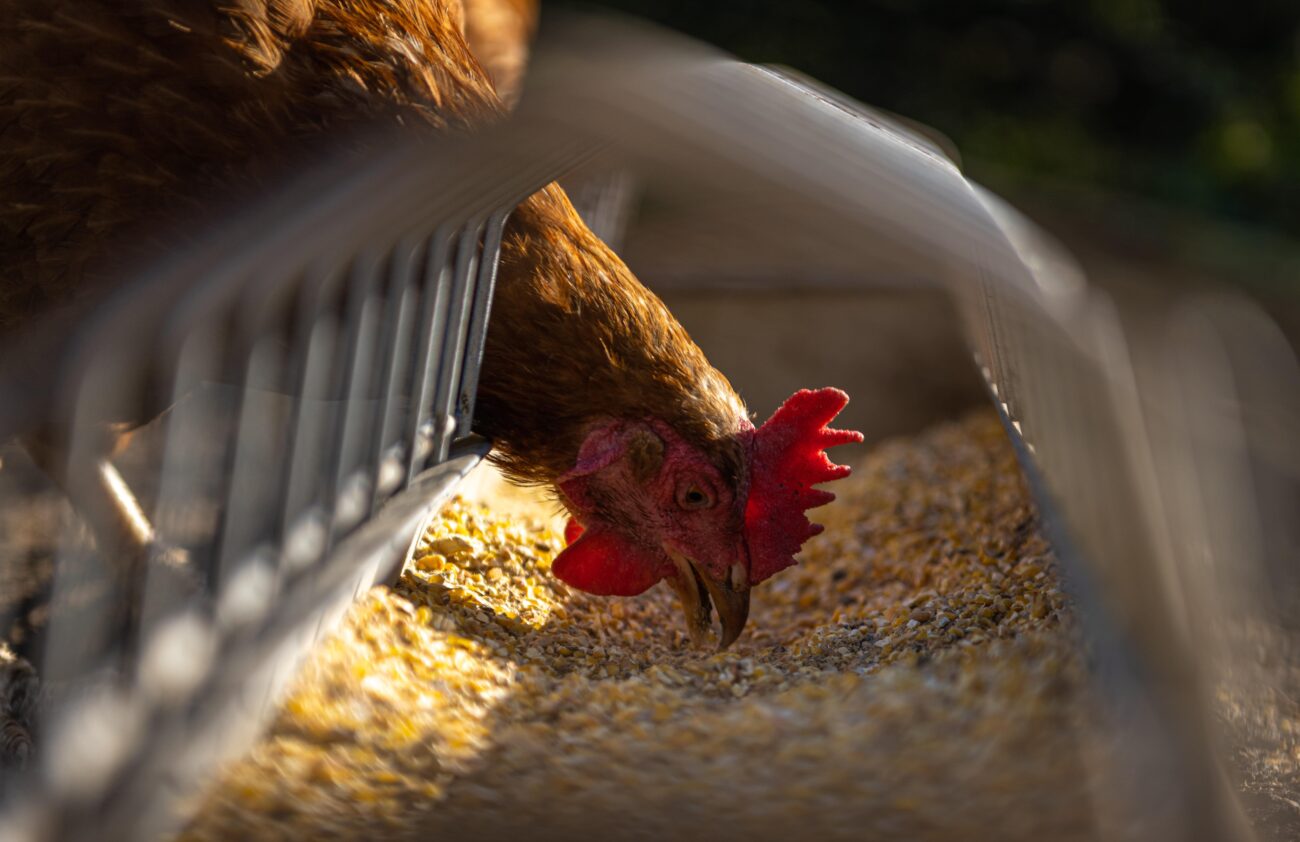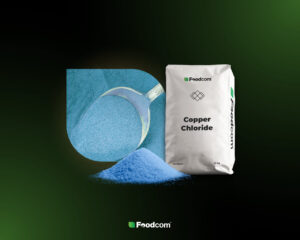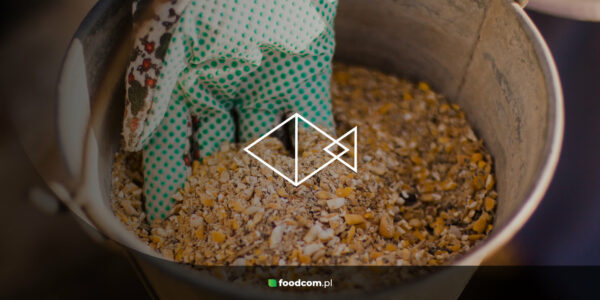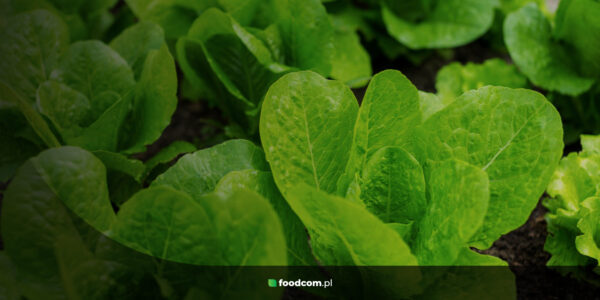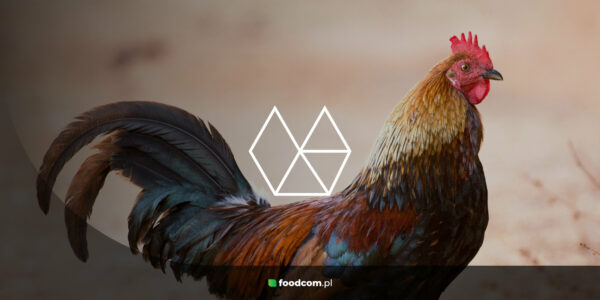- The key ingredients in hen feed are proteins, carbohydrates, fats, vitamins and minerals. They affect the health and development of the poultry.
- There are different types of feed depending on the life stage of the hens: for chicks, layers and broilers. Each mixture is tailored to the birds’ needs.
- Feed production involves the selection of raw materials, mixing according to recipes, adding vitamins and minerals and shaping into pellets, powder or crumbles.
- Well-chosen feed formulations support the immune system and influence meat and egg quality.
Raising poultry, especially hens, requires an appropriate approach to nutrition. Properly balanced feed influences the health, growth and efficiency of egg and meat production. In this article, we will outline what poultry feeds are, how they are processed and which ingredients play an important role in their formulations. We will also present selected feed raw materials that ensure sustainable growth of chickens.
What are chicken feeds anyway?
Chicken feeds are specially formulated feed mixtures that provide the birds with essential nutrients such as proteins, carbohydrates, fats, vitamins and minerals. Properly selected feeds allow for optimal growth, development and maintenance of poultry health. Depending on the life stage of the hen – chick, layer or broiler – her nutritional needs vary, so there are many different feed formulations tailored to the specific requirements of each group of birds.
Types of poultry feed
Poultry feeds are divided into different types depending on the needs of the breeding bird. The main categories are:
- chick feeds – focused on the rapid growth of young birds. They have plenty of protein and minerals to support growth,
- laying feeds – focused on egg production. They are rich in calcium and vitamins to support bone health and eggshell quality,
- Broiler feeds – contain higher doses of protein to promote rapid weight gain. They are high in energy.
Popular feed additives include pea protein, potato protein, choline chloride, copper chloride, calcium chloride, dextrose, dicalcium phosphate, hydrolysed wheat gluten, soya protein isolate, maize DDGS, ascorbic acid or maize flour.
Natural feeds for hens
In recent years, there has been a growing interest in natural feeds for hens, which are free of artificial additives and stimulants. They contain substances of plant and animal origin, as well as minerals and vitamins that support the natural development of the birds. Examples of feed raw materials used in such mixtures are pea protein, soya protein isolate or DDGS maize. With the right balance of these ingredients, it is possible to maintain the high quality of the poultry, while at the same time looking after the health of the birds and having a positive impact on the environment.
How is feed for hens produced?
The production of feed for hens is a multi-stage process, which starts with the selection of suitable feed resources. Foodcom S.A. focuses on providing the highest quality ingredients that meet safety and quality standards.
The first stage is the selection of ingredients – at this stage, feed manufacturers decide which agricultural raw materials will be suitable for a particular group of poultry. Among the most commonly used are pea protein, dicalcium phosphate, palm oil and maize flour. It is important that they are nutrient-rich and safe for the birds.
This is followed by the mixing stage, where the intermediates are combined in the right proportions on the basis of appropriate feed recipes. The recipes are the basis for ensuring the right energy and nutritional balance for the hens. To make the feed complete, vitamins and minerals such as magnesium oxide, calcium chloride, choline chloride or ascorbic acid are added to the mix . They support the health of the immune system and the overall development of the poultry.
Once all the ingredients are mixed together, the feed is formed into pellets, powder or crumbles. Granules are particularly popular because they are easy for the birds to consume and minimise feed waste. Quality tests are carried out at each stage to ensure that the feed meets all nutritional standards.
Foodcom S.A. specialises in providing high-quality products such as pea protein, potato protein, hydrolysed wheat gluten, as well as feed additives such as choline chloride and citric acid. The company constantly monitors trends in the feed industry and adapts its offerings to the changing needs of growers, allowing them to produce products of the highest quality.
Impact of feed formulas on hen health
Properly composed feed formulations have a direct impact on the health of hens. Thanks to carefully selected ingredients, they not only provide the birds with the right nutritional balance, but also support the immune system and overall condition. High-quality proteins, such as pea protein or soya protein isolate, ensure balanced development of muscles and internal organs, while additives such as methionine support metabolism and skin and feather health.
Feed for hens – an advanced production process and its importance
Creating feed for hens is a complex process that requires precision, knowledge and the right feed raw materials. Properly balanced feed, enriched with the most important ingredients, such as pea protein, dicalcium phosphate or methionine, affects not only the health and performance of hens, but also the quality of the products obtained, such as eggs or meat. Thanks to the activities of companies such as Foodcom S.A., breeders have access to the highest quality raw materials, which support the production of feed at the highest level.


